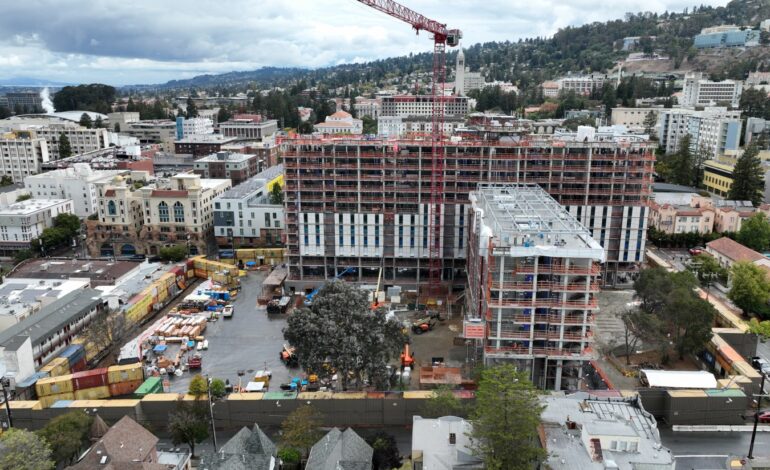California Chamber of Commerce Proposes Major CEQA Overhaul

California is poised for a significant shift in its environmental policy as the California Chamber of Commerce has initiated efforts to place a proposed ballot measure, the “Building an Affordable California Act,” on the November 2024 statewide ballot. This measure aims to overhaul the California Environmental Quality Act (CEQA), a cornerstone of environmental regulation in the state since its inception in 1970 under former Governor Ronald Reagan.
The proposed changes focus on reducing bureaucracy and expediting the approval process for a wide range of construction projects, including housing, renewable energy facilities, and public infrastructure. If supporters gather the required 546,000 valid signatures by spring 2024, the measure would limit environmental reviews to a maximum of 365 days. Additionally, it would mandate that courts resolve CEQA-related lawsuits within 270 days.
Jennifer Barrera, president and CEO of the California Chamber of Commerce, emphasized the need for modernization. “For decades, oversight has too often been co-opted by obstruction, threatening the common good,” she stated. She believes that this change will alleviate California’s affordability crisis and bolster the economy.
Political Landscape and Potential Backlash
The ballot measure is expected to ignite a fierce political battle, featuring diverse stakeholders, including business groups, labor unions, environmental organizations, and potentially Governor Gavin Newsom, who has not yet declared his stance. Environmental advocates have already voiced strong opposition.
Frances Tinney, an attorney with the Center for Biological Diversity, criticized the initiative as an extreme proposal that unfairly blames CEQA for California’s complex issues. “There’s been an effort for a long time to scapegoat CEQA for being the cause of all of California’s problems,” she remarked, arguing that the law plays a crucial role in maintaining environmental accountability.
CEQA requires comprehensive environmental impact assessments for significant projects, helping to inform public policy and safeguard natural resources. Critics argue, however, that the law has been misused to delay various projects unrelated to environmental concerns.
In recent years, numerous lawsuits have emerged, targeting projects ranging from solar energy initiatives to local housing developments. The delays associated with these lawsuits have prompted some politicians, including Newsom and former Governor Jerry Brown, to call for reforms, citing CEQA as a contributor to California’s ongoing housing crisis.
Implications for Future Development
The proposed measure represents the most substantial change to CEQA since its establishment. Amy Hoyt, an attorney specializing in CEQA in Riverside County, noted that the new timelines could facilitate quicker approvals for housing projects while potentially compromising comprehensive environmental reviews. “The very accelerated timelines that the measure creates would strain the court system and local governments,” she explained.
Concerns have also been raised about the potential for expedited approvals to lead to environmentally destructive projects, such as a controversial $20 billion water tunnel project in California’s Delta region. However, John Myers from the Chamber of Commerce stated that the ballot measure is not applicable to the tunnel project and that amendments will clarify this issue.
The political ramifications are significant, with deep-pocketed unions playing a crucial role in the debate. Their decisions on whether to support or oppose the measure could greatly influence the election outcome.
Political analysts suggest that the framing of the measure will be critical. Jack Pitney, a political science professor at Claremont McKenna College, noted, “If people perceive it as an attack on environmental regulation, it will be a difficult battle. But if they see it as a reform that will improve the economy and help the state create jobs, that could be different.”
As California prepares for this potential voter battle, the implications for the state’s environmental policies and housing market remain to be seen. The outcome will not only affect construction and development but also reflect broader societal views on balancing economic growth with environmental sustainability.






